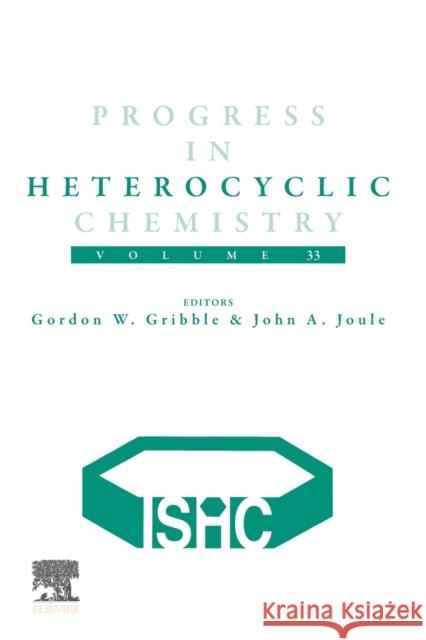Progress in Heterocyclic Chemistry: Volume 33 » książka
topmenu
Progress in Heterocyclic Chemistry: Volume 33
ISBN-13: 9780323984102 / Angielski / Miękka / 2021 / 644 str.
Progress in Heterocyclic Chemistry: Volume 33
ISBN-13: 9780323984102 / Angielski / Miękka / 2021 / 644 str.
cena 955,06
(netto: 909,58 VAT: 5%)
Najniższa cena z 30 dni: 943,38
(netto: 909,58 VAT: 5%)
Najniższa cena z 30 dni: 943,38
Termin realizacji zamówienia:
ok. 16-18 dni roboczych.
ok. 16-18 dni roboczych.
Darmowa dostawa!
Kategorie:
Kategorie BISAC:
Wydawca:
Elsevier
Seria wydawnicza:
Język:
Angielski
ISBN-13:
9780323984102
Rok wydania:
2021
Numer serii:
000066840
Ilość stron:
644
Waga:
0.84 kg
Wymiary:
22.86 x 15.24 x 3.3
Oprawa:
Miękka
Wolumenów:
01











